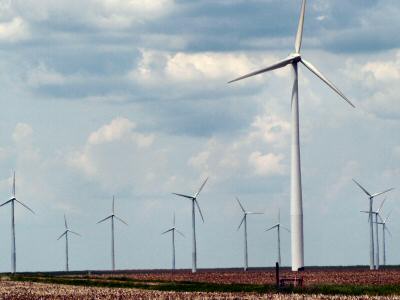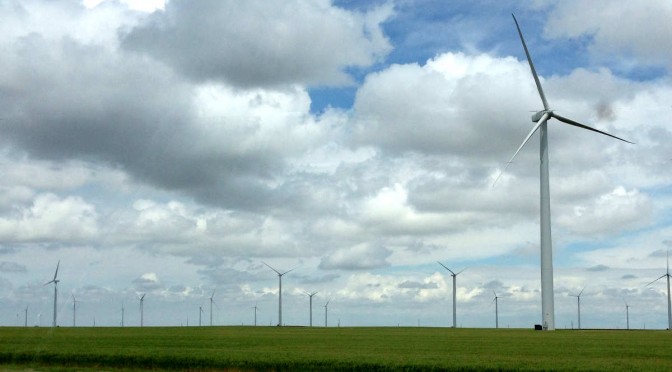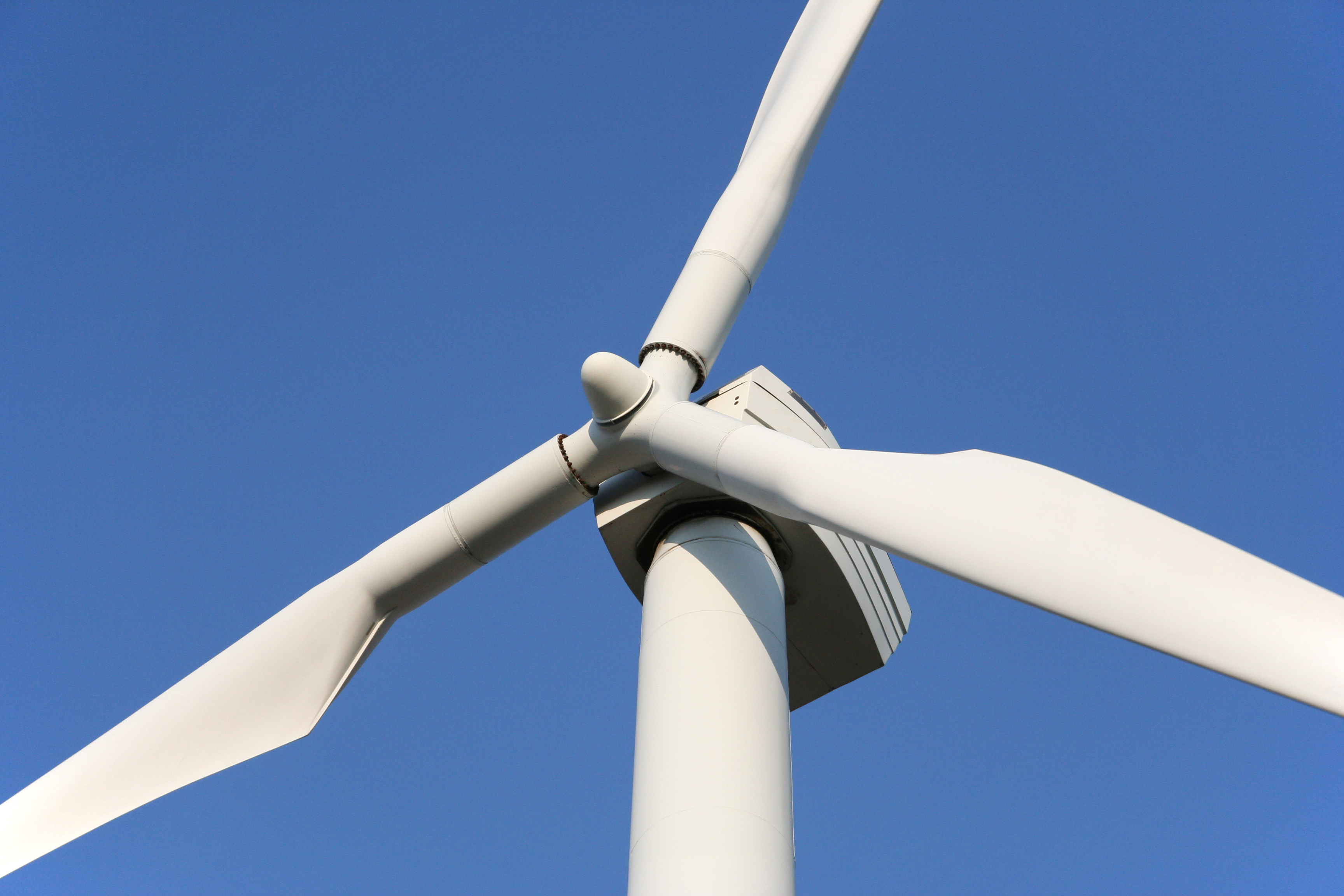 U.S. Representative Mike Pompeo, a Republican who represents the Kansas fourth district, and U.S. Senator Lamar Alexander in 2012 contributed the following article on the harm of the wind power production tax credit (PTC). The NorthBridge Group report referenced in the article is available at Negative electricity prices and the production tax credit. While the PTC is a federal issue, the Kansas Legislature could do taxpayers in Kansas and across the country a favor by ending the mandate to produce more of this taxpayer-subsidized power.
U.S. Representative Mike Pompeo, a Republican who represents the Kansas fourth district, and U.S. Senator Lamar Alexander in 2012 contributed the following article on the harm of the wind power production tax credit (PTC). The NorthBridge Group report referenced in the article is available at Negative electricity prices and the production tax credit. While the PTC is a federal issue, the Kansas Legislature could do taxpayers in Kansas and across the country a favor by ending the mandate to produce more of this taxpayer-subsidized power.
Puff, the Magic Drag on the Economy
Time to let the pernicious production tax credit for wind power blow away
By Lamar Alexander And Mike Pompeo
As Congress works to reduce spending and avert a debt crisis, lawmakers will have to decide which government projects are truly national priorities, and which are wasteful. A prime example of the latter is the production tax credit for wind power. It is set to expire on Dec. 31 — but may be extended yet again, for the seventh time.
This special provision in the tax code was first enacted in 1992 as a temporary subsidy to enable a struggling industry to become competitive. Today the provision provides a credit against taxes of $22 per megawatt hour of wind energy generated.
From 2009 to 2013, federal revenues lost to wind-power developers are estimated to be $14 billion — $6 billion from the production tax credit, plus $8 billion courtesy of an alternative-energy subsidy in the stimulus package — according to the Joint Committee on Taxation and the Treasury Department. If Congress were to extend the production tax credit, it would mean an additional $12 billion cost to taxpayers over the next 10 years.
There are many reasons to let this giveaway expire, including wind energy’s inherent unreliability and its inability to stand on its own two feet after 20 years. But one of the most compelling reasons is provided in a study released Sept. 14 by the NorthBridge Group, an energy consultancy. The study discusses a government-created economic distortion called “negative pricing.”
This is how it works. Coal- and nuclear-fired plants provide a reliable supply of electricity when the demand is high, as on a hot summer day. They generate at lower levels when the demand is low, such as at night.
But wind producers collect a tax credit for every kilowatt hour they generate, whether utilities need the electricity or not. If the wind is blowing, they keep cranking the windmills.
Why? The NorthBridge Group’s report (“Negative Electricity Prices and the Production Tax Credit”) finds that government largess is so great that wind producers can actually pay the electrical grid to take their power when demand is low and still turn a profit by collecting the credit — and they are increasingly doing so. The wind pretax subsidy is actually higher than the average price for electricity in many of the wholesale markets tracked by the Energy Information Administration.
This practice drives the price of electricity down in the short run. Wind-energy supporters say that’s a good thing. But it is hazardous to the economy’s health in the long run.
Temporarily lower energy prices driven by wind-power’s negative pricing will cripple clean-coal and nuclear-power companies. But running coal and nuclear out of business is not good for the U.S. economy. There is no way a country like this one — which uses 20% to 25% of all the electricity in the world — can operate with generators that turn only when the wind blows.
The Obama administration and other advocates of wind power argue that the subsidy provided by the tax credit allows the wind industry to sustain American jobs. But they are jobs that exist only because of the subsidy. Keeping a weak technology alive that can’t make it on its own won’t create nearly as many jobs as the private sector could create if it had the kind of low-cost, reliable, clean electricity that wind power simply can’t generate.
While the cost of renewable energy has declined over the years, it is still far more expensive than conventional sources. And even the administration’s secretary of energy, Steven Chu, calls wind “a mature technology,” which should mean it is sufficiently advanced to compete in a free market without government subsidies. If wind power cannot compete on its own after 20 years without costly special privileges, it never will.
 When comparing federal subsidies for the production of electricity, it’s important to look at the subsidy values in proportion to the amount of electricity generated. That’s because the scales vary widely. For example, in 2010 for the United States, as can be seen in the accompanying table, coal accounted for the production of 1,851 billion kWh (or megawatt hours) of electricity production. That’s 44.9 percent of all electricity produced. Solar power accounted for the production of 1,851 billion kWh, which is 0.025 percent of all electrical production.
When comparing federal subsidies for the production of electricity, it’s important to look at the subsidy values in proportion to the amount of electricity generated. That’s because the scales vary widely. For example, in 2010 for the United States, as can be seen in the accompanying table, coal accounted for the production of 1,851 billion kWh (or megawatt hours) of electricity production. That’s 44.9 percent of all electricity produced. Solar power accounted for the production of 1,851 billion kWh, which is 0.025 percent of all electrical production.







 U.S. Representative
U.S. Representative 

